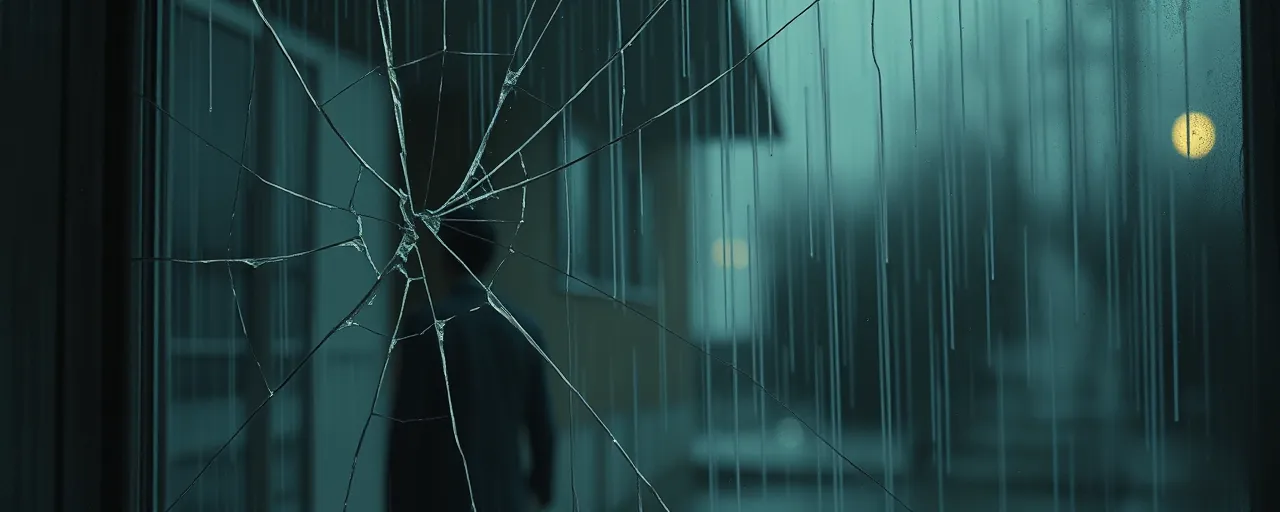A Predator Strikes Again
In Beaumont, Texas, a chilling crime unfolded that should jolt every American awake. Putnam Darwin Richardson, a 79-year-old man with a rap sheet that includes a prior kidnapping conviction, snatched a local attorney at gunpoint, demanding a million-dollar ransom. This wasn’t a desperate first-time act but a calculated repeat offense from someone who’d already served decades behind bars for the same crime. The FBI, alongside local law enforcement, heroically rescued the victim, but the fact that Richardson was free to strike again screams one thing: our justice system is failing to keep predators caged.
This case isn’t just about one man’s depravity; it’s a glaring warning about what happens when we let violent offenders slip through the cracks. Richardson’s story exposes a deeper truth: too many criminals walk free, ready to prey on innocent citizens. The stakes are clear. If we value safe streets and secure homes, we need to rethink how we handle those who’ve proven they’ll harm again. Anything less betrays the communities we’re sworn to protect.
The System’s Soft Spot
Let’s cut to the chase. Richardson’s prior conviction in 1984 landed him 50 years in prison, yet here he was, orchestrating another kidnapping in 2024. How does a man with that kind of history roam free? The answer lies in a justice system that’s too quick to release and too slow to reform. Studies show that kidnapping offenders often reoffend, with 45% having prior convictions for serious crimes like rape or murder. Risk factors like substance abuse or mental health issues don’t vanish with age; they fester. Richardson’s case proves it. At 79, he wasn’t slowed by time, only emboldened by opportunity.
Contrast this with the FBI’s response, which was nothing short of exemplary. Their Beaumont investigators, crisis negotiators, and surveillance teams worked tirelessly to pinpoint Richardson and save the victim. Technology, from GPS tracking to digital forensics, played a starring role in cracking the case wide open. But here’s the rub: no amount of law enforcement heroics can undo the damage of a system that lets repeat offenders back onto our streets. We’re fighting a battle with one hand tied behind our back when we don’t lock these threats away for good.
Tough Justice Saves Lives
There’s a proven way to stop this madness, and it’s called Project Safe Neighborhoods. This Department of Justice initiative targets violent offenders like Richardson, using data-driven strategies to take them off the streets. Cities that fully embrace the program have seen violent crime drop by over 13%, while others watch it climb. The formula works: identify chronic offenders, prosecute them aggressively, and partner with communities to prevent future crimes. It’s not about being cruel; it’s about being real. When you let a predator like Richardson walk, you roll the dice with innocent lives.
Some argue for leniency, claiming older offenders pose less risk or deserve second chances. That’s a fantasy. While recidivism rates drop with age, dropping to 13.4% for those over 65, men like Richardson defy the stats. His motives, likely financial, mirror global trends where kidnapping for ransom thrives in unstable systems. From Mexico’s express kidnappings to Nigeria’s criminal gangs, the pattern is clear: weak consequences breed bold criminals. We can’t afford to coddle those who’ve shown they’ll strike again. Tough sentences aren’t just punishment; they’re prevention.
A Call to Action
Richardson’s 294-month sentence is a start, but it’s not enough to fix what’s broken. Every day, families live in fear because the justice system prioritizes second chances for criminals over safety for citizens. The FBI’s swift action in Beaumont deserves applause, but it’s a Band-Aid on a gaping wound. We need laws that ensure repeat violent offenders face life without parole, no exceptions. Anything less is an invitation for more victims, more ransoms, more heartbreak.
The choice is ours. We can keep letting predators like Richardson game the system, or we can demand a justice system that puts American safety first. Project Safe Neighborhoods shows what’s possible when we get serious about crime. Let’s expand it, strengthen it, and back it with sentencing that sends a message: harm our communities, and you’ll never see daylight again. That’s not vengeance; that’s accountability. And it’s long overdue.
